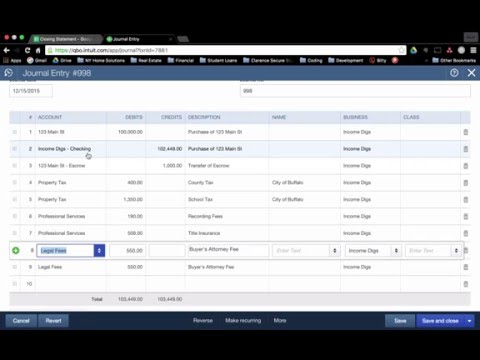Content
- Year Statute of Limitations Established for Paycheck Protection Program Loan Fraud
- Form 7200
- Three Minute Update – Protecting Your Business: Piercing the Corporate Veil
- May IRS Updates Form 7200: Advance Payment of Employer Credits Due to COVID-19
- IRS Announces Extension for SECURE & CARES Act Amendments
- Your Payroll Software questions answered here
- Review Form Summary

According to the IRS, employers can file the form for advance credits anticipated for a quarter at any time before the end of the month following the quarter in which the employer paid the qualified wages. Employers are permitted to file Form 7200 several times during each quarter. The employer tax credit for qualified wages for retention of employees during suspension of operations due to a government order or due to a significant decline in gross receipts applies to wages paid after March 12, 2020, and before January 1, 2021.

Collectively bargained defined benefit pension plan contributions allocable to the qualified family leave wages paid. Documentation to show how you determined that the employees were qualified to receive sick and family leave https://quick-bookkeeping.net/ wages. See IRS.gov/PLC for specific records you should maintain to substantiate eligibility for the credit. Documentation to show how you figured the amount of qualified sick and family leave wages eligible for the credit.
Year Statute of Limitations Established for Paycheck Protection Program Loan Fraud
Recovery startup businesses are limited to a maximum employee retention credit of $50,000 per quarter. If you check the box on line H, don’t enter more than $50,000 on line 1.. The Labor Department will provide a 30-day non-enforcement period for good-faith compliance efforts and will instead focus on compliance assistance during that period.
The credit for qualified sick leave wages and qualified family leave wages doesn’t apply to wages taken into account as payroll costs for a Small Business Interruption Loan under the PPP that is forgiven or in connection with About Form 7200, Advance Payment Of Employer Credits Due To Covid shuttered operator grants and restaurant revitalization grants. See the instructions for line 2 and line 3, later, for more information. Qualifying wages are based on the average number of a business’s employees in 2019.
Form 7200
Many employers may also have the same question running in their minds. So, we thought of writing an article, which may provide insight to many. If you have accumulated tax credits due to COVID related reasons, you may request an advanced refund of these tax credits by completing IRS Form 7200, Advance Payment of Employer Credits Due to COVID-19. These tax credits will be claimed when you file your quarterly Form 941 or 944. Full Service Payroll customers of Patriot can complete this form in the software, and our Tax Team will fax the form to the IRS on your behalf. If a third party payer will file the employment tax return on an employer’s behalf using the employer’s name and EIN and not the name and EIN of the third party payer, the employer should not include the name and EIN of the third party payer on the Form 7200.

You will need to provide your non-certified PEO with copies of the Form 7200 that you submitted so they can reconcile the credits on the aggregate employment tax return using Schedule R . Employers that meet the requirements under the FFCRA and/or CARES Act and File Form 941, 943, 944 or CT-1 may file Form 7200 to request advance payment of refundable tax credits. As stated above, an employer may only file Form 7200 for advance payment after it reduces its employment tax deposits to determine if those will cover the required payments under the FFCRA and CARES Act. If those amounts do not cover the required payments, filing Form 7200 is appropriate. In response to the paid sick and family medical leave credit provisions enacted by the Families First Coronavirus Response Act and the employee retention credit enacted by the CARES Act, the IRS has issued Form 7200 to request an advance payment of the tax credits.